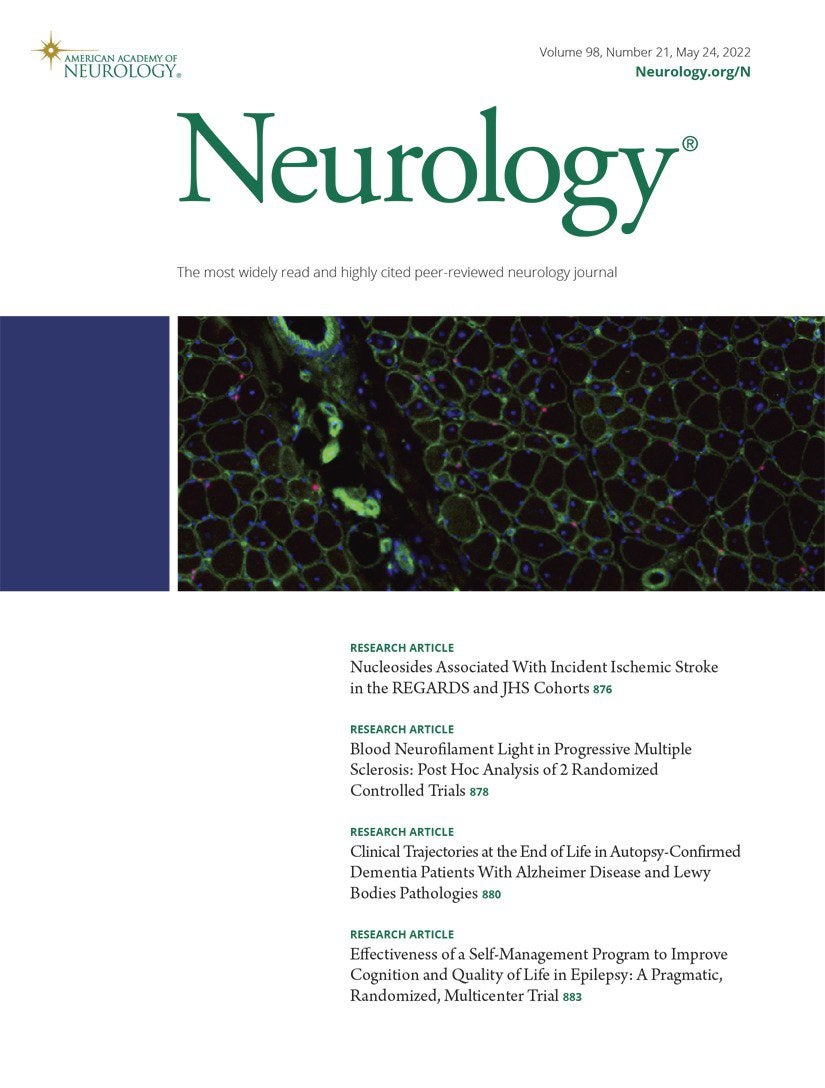
Higher levels of specific carotenoid antioxidants in blood may help guard against age-related dementia, new research suggests.
“This is the first nationally representative study to analyze blood levels of antioxidants in relation to dementia risk,” NIA scientific director Luigi Ferrucci, MD, told *Medscape Medical News*.
Investigators found that individuals with the highest serum levels of lutein+zeaxanthin and beta-cryptoxanthin at baseline were less likely to have dementia decades later than their peers with lower levels of these antioxidants.
Lutein and zeaxanthin are found in **green leafy vegetables such as kale, spinach, broccoli and peas. Beta-cryptoxanthin is found in fruits such as oranges, papaya, tangerines, and persimmons.**
“Antioxidants may help protect the brain from oxidative stress, which can cause cell damage,” first author May A. Beydoun, PhD, MPH, with the National Institute on Aging (NIA), said in a news release.
“Blood test results may be more representative of the actual antioxidant level than a person’s report of what kind of foods they regularly consume,” Ferrucci added.
The study was [published online](https://n.neurology.org/content/early/2022/05/04/WNL.0000000000200289) in *Neurology*.


Dining and Cooking